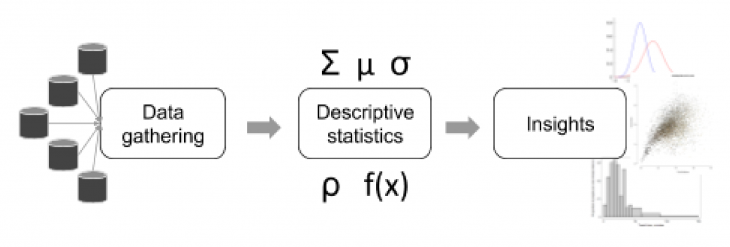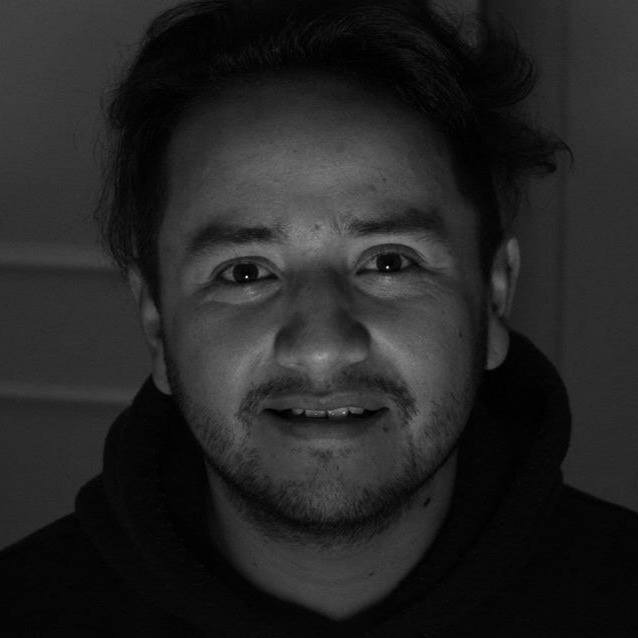Master in City & Technology Second Year 2018/20- Term I
Seminar Name: Big Data Analytics – The analysis workflow
Total Hours: 20 hours
Faculty: Diego Pajarito
Syllabus

Big data sets and high-performance computing are turning into commodities for the digital world and so, for lots of disciplines including advanced architecture. Big data analytics remains as a field in which many disciplines converge. From mathematics and statistics to geography and computer sciences, all contribute with tools and methods theoretically applicable to any other field. However, turning problems, data and computer programs into data analytics is closer to a tailor-made solution rather than a one-fits-all recipe.
This course provides students with a general structure to assemble big data analytics and prepare datasets for advanced analytics techniques such as machine learning. The course aims to encourage master students to gather data for their individual research and later, assemble a pile of standardized descriptive statistics and analysis techniques to gain insights from data. Students go through three main phases of big data analytics and follow guided activities to later replicate them using data sets belonging to individual research.
During the course sessions, students will replicate descriptive and analytic methods to gain insights for their individual research. Through discussions with peers and tutors, students will define the most convenient path to collect and analyze big data sets. Each session will demand individual effort to translate generic tools into tailored solutions for students’ individual projects. This structure aims to emulate real case scenarios faced by professionals developing tech-based tools for cities.
Students will share the tools created for the course through a GitHub repository with a compilation of source code and graphic resources generated. Students will also prepare an academic poster in which they summarise they workflow and main insights gained from the big data sets compiled. The course will support students during the initial phases of their master thesis research while preparing them for the coming courses of the Master in City and Technology.
Faculty

Diego Pajarito got his Ph.D. in Geoinformatics as part of a Marie Curie ITN Action – Joint doctorate between the Universities of Münster, Universitat Jaume I and Universidade Nova de Lisboa (2018), and the MSc in Information and Communication Sciences from Universidad Distrital de Bogotá (2014). He has performed research for the Spatio-temporal analysis of sustainable transport and other urban systems as well as for data collection techniques through mobile devices and crowdsourced data collection. Diego’s interests are the simplification of data collection and analysis for non-expert audiences when it comes to considering it within a geographical context. He has been a lecturer of courses on spatial analysis, big data and spatial databases in Colombia, Universidad Distrital (2010-2015) and Universidad Autonoma de Bucaramanga (2014). He has also been a consultant for geospatial analysis and high-performance computing for different agencies in Colombia such as the Ministry of Agriculture (2010-2015), Institute of Environmental, meteorological affairs (2010, 2012, 2014), Ministry of Justice (2014), Geographical Institute (2007-2010), among others. Daniel is the “Data Scientist” of IAAC’s Advanced Architecture Group and seminar faculty of the MaCT.
